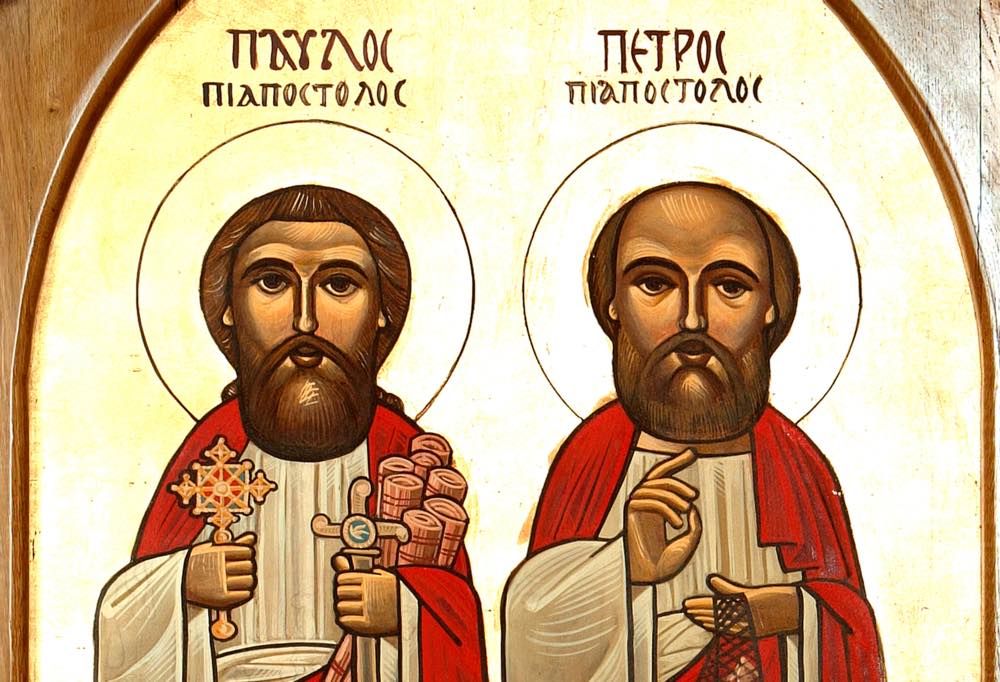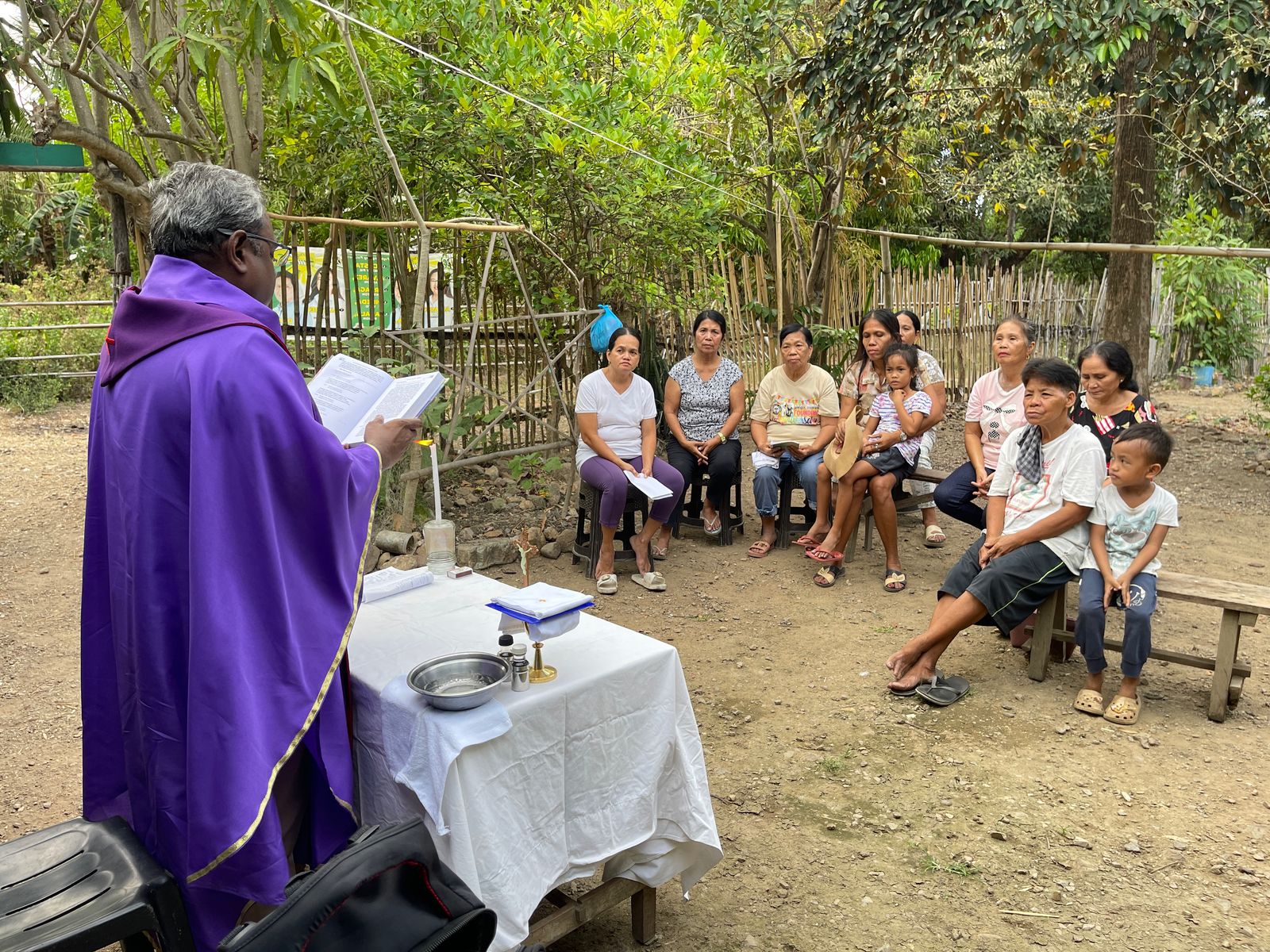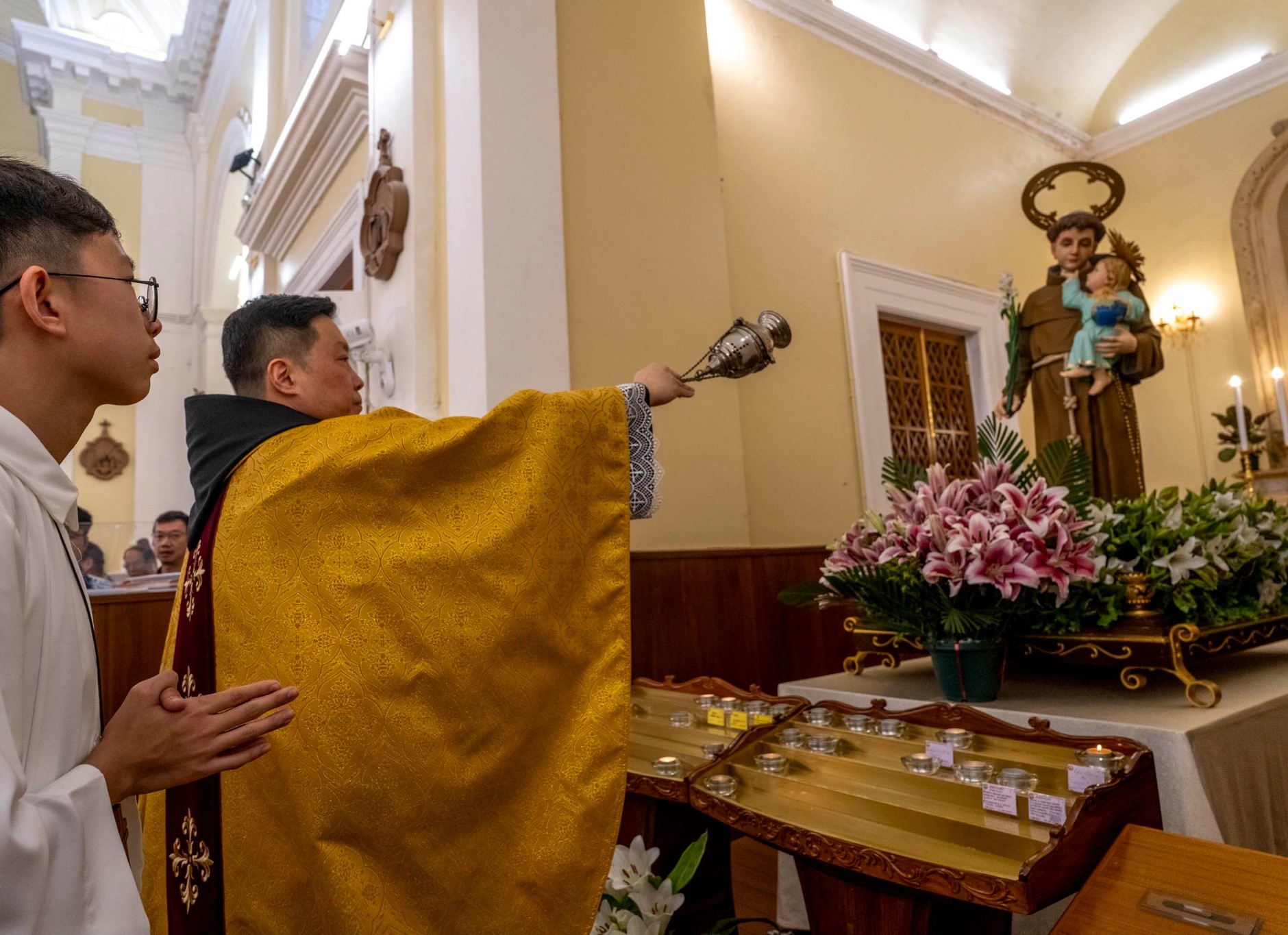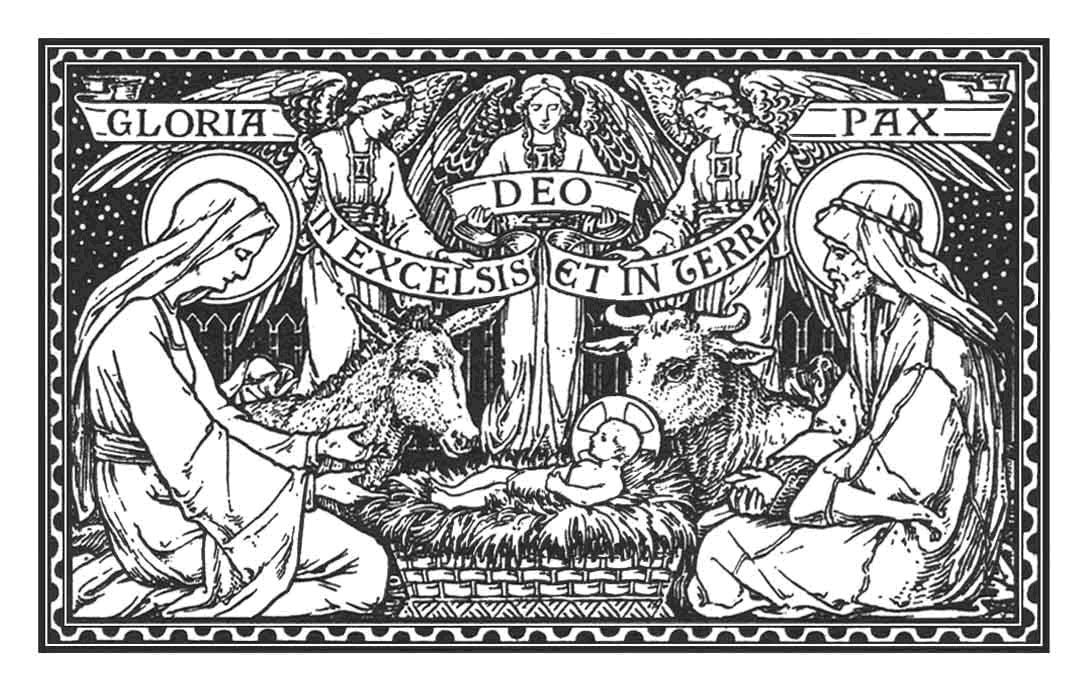Since the beginning of the civil war in Myanmar in 2021, there have been an increasing number of areas where fighting has taken place, where civilians have been living for too long as displaced people, facing continuous and increasing difficulties whenever they flee from areas of intense conflict. As far as the Catholic community is concerned, the Sagaing region is undoubtedly the most affected, with frequent bombings and “widespread suffering among the civilian population,” as recalled by Peter Sein Hlaing Oo, Vicar General of the Archdiocese of Mandalay, in the north-central part of the former Burma. For this reason, this local prelate, like other members of the local Church, view with optimism the words of Pope Leo XIV, who, during the Sunday Angelus prayer on June 15, recalled the ongoing fighting in Myanmar.










